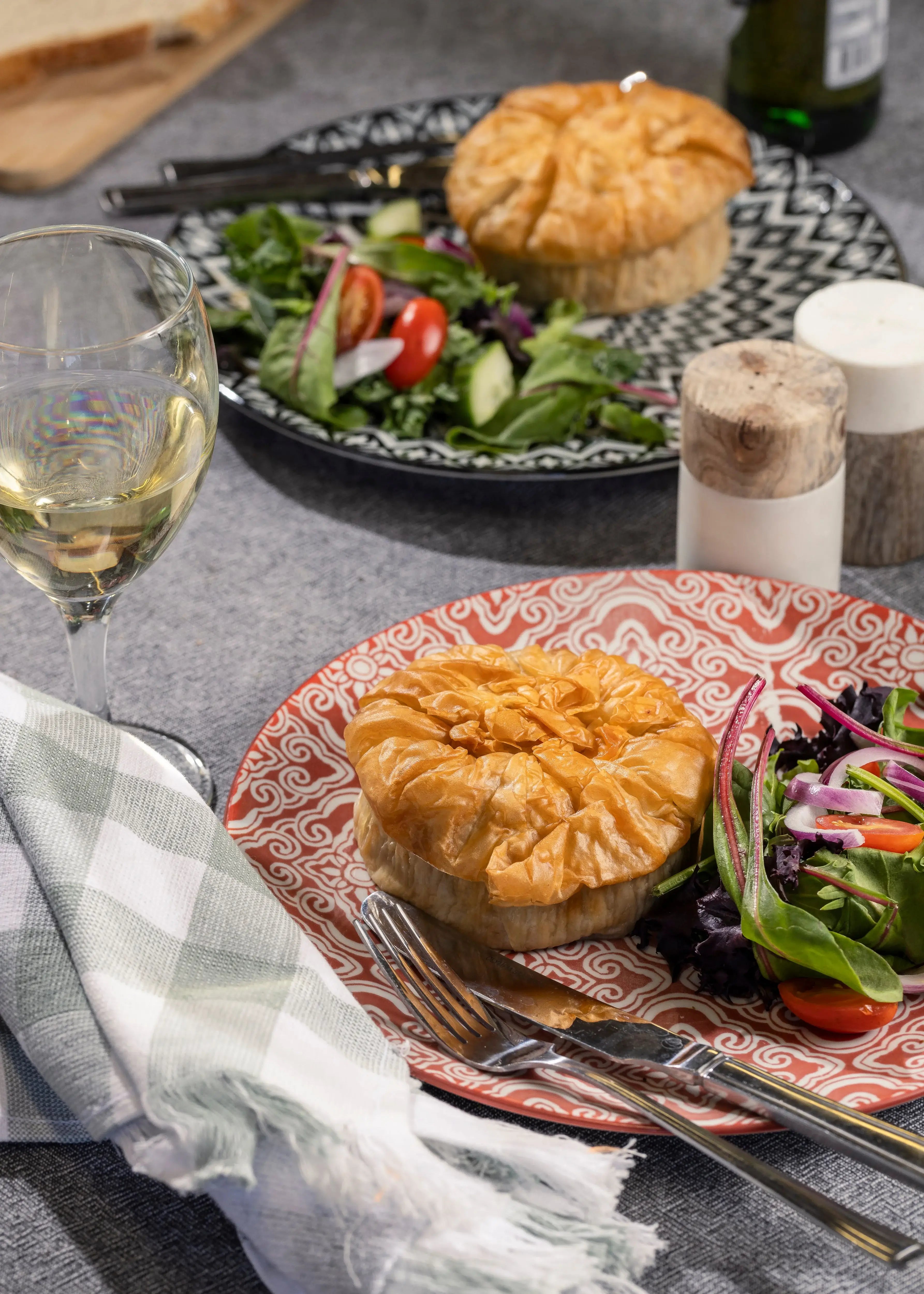
More Than a Meal: Why Shared Dinners Matter in a Busy World
In praise of dinner tables, home-cooked meals, and the quiet power of connection.
In a busy world where schedules clash, screens glow late into the night, and life seems to move faster with each passing day, the simple act of sitting down to a home-cooked meal might feel quaint — even outdated.
But at Dinner on the Table, we see it differently. We believe that something powerful happens when people stop, gather, and share a meal. It’s more than just food. It’s about feeding relationships, fostering community, and nurturing a sense of belonging that no takeaway order can replicate.
We see this truth play out every day — in the homes we cook for, the workplaces we cater, and the lives touched by meals made with care. So let’s pause for a moment and take a closer look at why the humble dinner table matters so much — and how it can change lives in ways both big and small.
1. The Dinner Table Is a Conversation Catalyst
There’s something about sitting down to a meal that invites conversation. It’s not just the physical act of facing one another — though that helps. It’s the unspoken agreement: we’re here, together, for this moment.
Around the table, phones are (hopefully) set aside. Screens go dark. And in their place, something far more powerful unfolds: real human connection.
Families who regularly eat together report better communication and stronger relationships. But even outside the family setting, shared meals create space for deeper conversation — in workplaces, among friends, and in communities. It’s where stories are told, jokes are shared, and difficult topics can be broached in a safe setting.
This isn’t about planning a perfect conversation. It’s about the spontaneous exchanges that arise when people feel nourished, not just with food, but with presence. That also means you can ease the pressure on yourself to have "meaningful" conversation during the meal. If conversation doesn't flow, go with it. Just be. The clink of cutlery, the passing of a dish, the casual “how was your day?” — these small rituals form the scaffolding of real relationships.
In a world hungry for connection, a shared meal is a soft place to land.
2. Shared Meals Are a Proven Gift to Children
If you’re raising children, there’s no shortage of advice on how to foster their development. But one piece of research-backed wisdom cuts through the noise: eat together.
Regular family meals are associated with a host of benefits for children — many of them surprisingly far-reaching. According to studies, kids who eat with their families several times a week tend to:
-
Build larger vocabularies and better verbal skills (yes, even more than children who are regularly read to!)
-
Show higher self-esteem and resilience
-
Exhibit lower rates of anxiety, depression, and disordered eating
-
Achieve better academic results
It’s not magic — it’s presence. The regularity and rhythm of shared meals give children a sense of security. They learn how to listen, how to take turns speaking, how to be part of a conversation. They see their parents or carers modelling emotional regulation, and they know that, no matter how chaotic the day has been, they will have time to connect.
In our work, we hear again and again from families who say: “We haven’t had dinner together like this in months.” And when they do? The difference is immediate. The mood shifts. The tension lifts. People breathe a little easier.
Because when you cook for someone, especially a child, you're saying: You matter. I care. Let’s sit down together.
3. Meals Reduce Loneliness — for Everyone
Loneliness doesn’t discriminate by age or circumstance. It can creep in whether you're a young professional in a new city, a full-time parent run off your feet, or a retiree with a quiet home. Researchers agree that loneliness is not just a feeling — it’s now considered a public health issue.
But connection doesn’t always have to come from big gestures or grand events. Sometimes, it starts with a meal.
At Dinner on the Table, we see how the simple act of sharing food can alleviate isolation. It might be a group of colleagues laughing over lunch (don't underestimate the power of eating together with your work team - more on this here). It might be an older adult receiving a homemade dinner that reminds them someone is thinking of them. It might be a delivery driver knocking on the door with a meal, saying: You’re not forgotten.
This is why we do what we do — because meals build community, even if only for a moment.
Home-cooked food, especially when shared, sends a message: You’re welcome at this table. And for someone feeling lonely, that message can be life-changing.
A Simple Table, A Profound Impact
It’s tempting to dismiss mealtimes as just one more thing on a never-ending to-do list. But in truth, meals — and the moments they create — are often the glue that holds people together.
We know that not every household has the time, energy, or capacity to make this happen every night. That’s why we’re here: to help busy families, workplaces, and communities gather around good food, without the stress.
Because in the end, it’s not about what’s on the table — it’s about who’s around it.
And if we can make that gathering a little easier, a little more joyful, and a lot more nourishing… well, that’s what we call a job well done.
Let’s Bring the Table Back
Whether you’re planning a midweek family dinner, a team lunch at work, or a community gathering — don’t underestimate the power of food to bring people together.
At Dinner on the Table, we’re proud to play our part in making that happen. We cook because we care. And we believe that every person deserves a seat at the table — and a good meal when they get there.
Tags:
#morethanameal,
homecooked meals
Other articles:
Quick links
Home Home Delivery Meals How it works Meal Delivery Info Contact us Blog Search About us Privacy policy Karen Will Cater
Contact us
About us
We exist to care for you through really good food. Whether it's your weeknight family meal, your big life celebrations or your large corporate events, we'd love to cook for you.
And together, we can change the daily lives of families living with disability. Find out about our social mission here.
